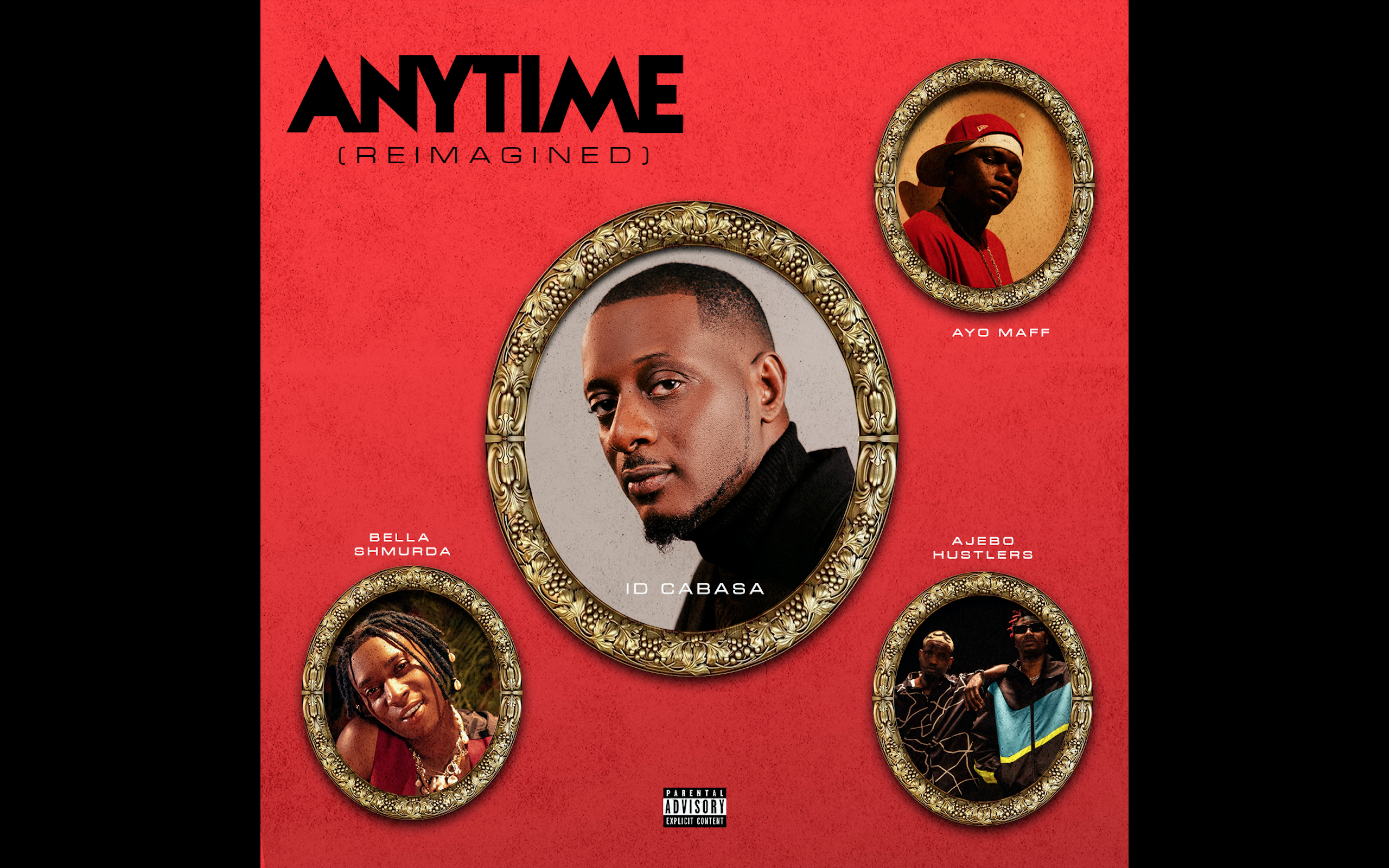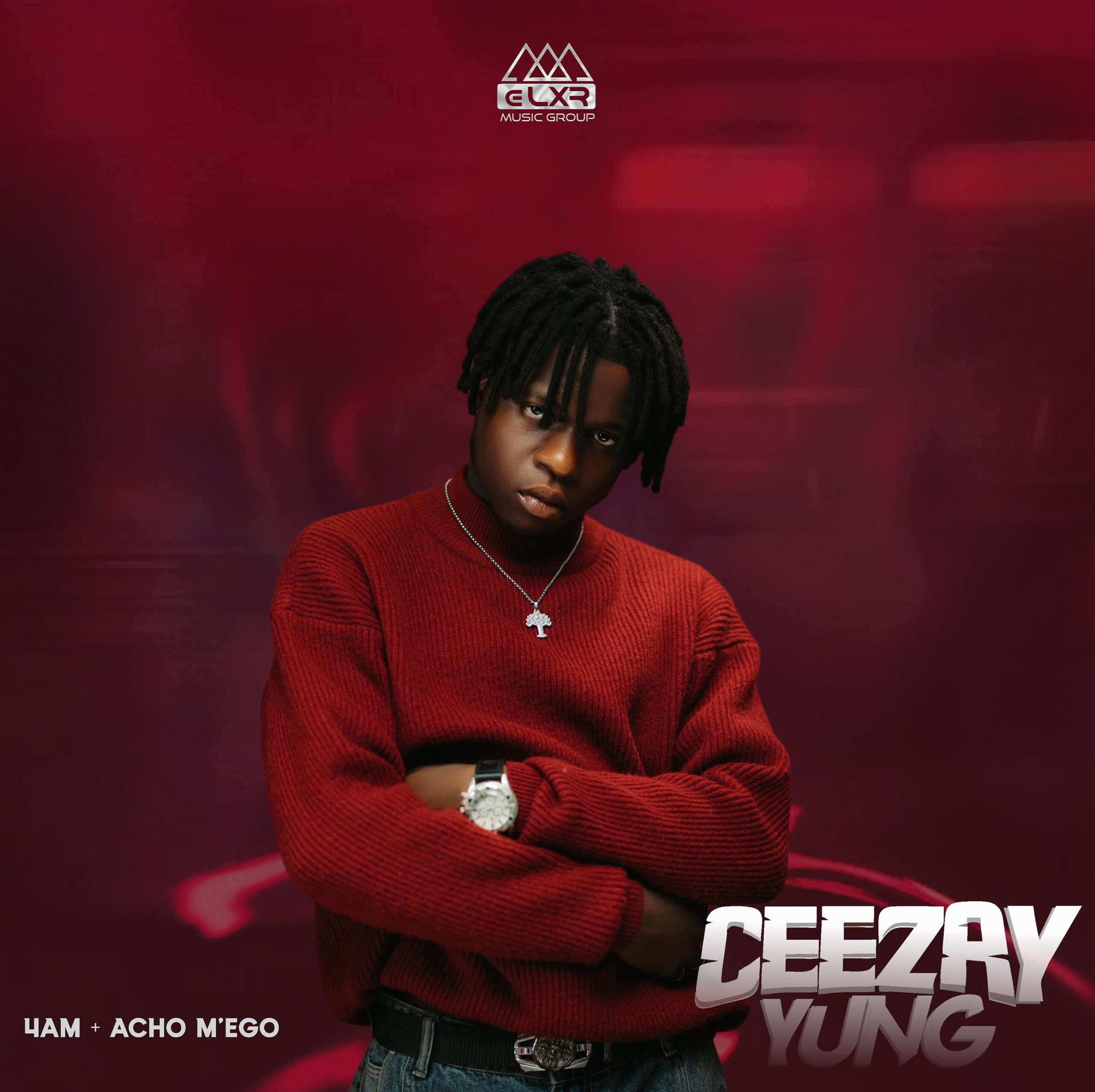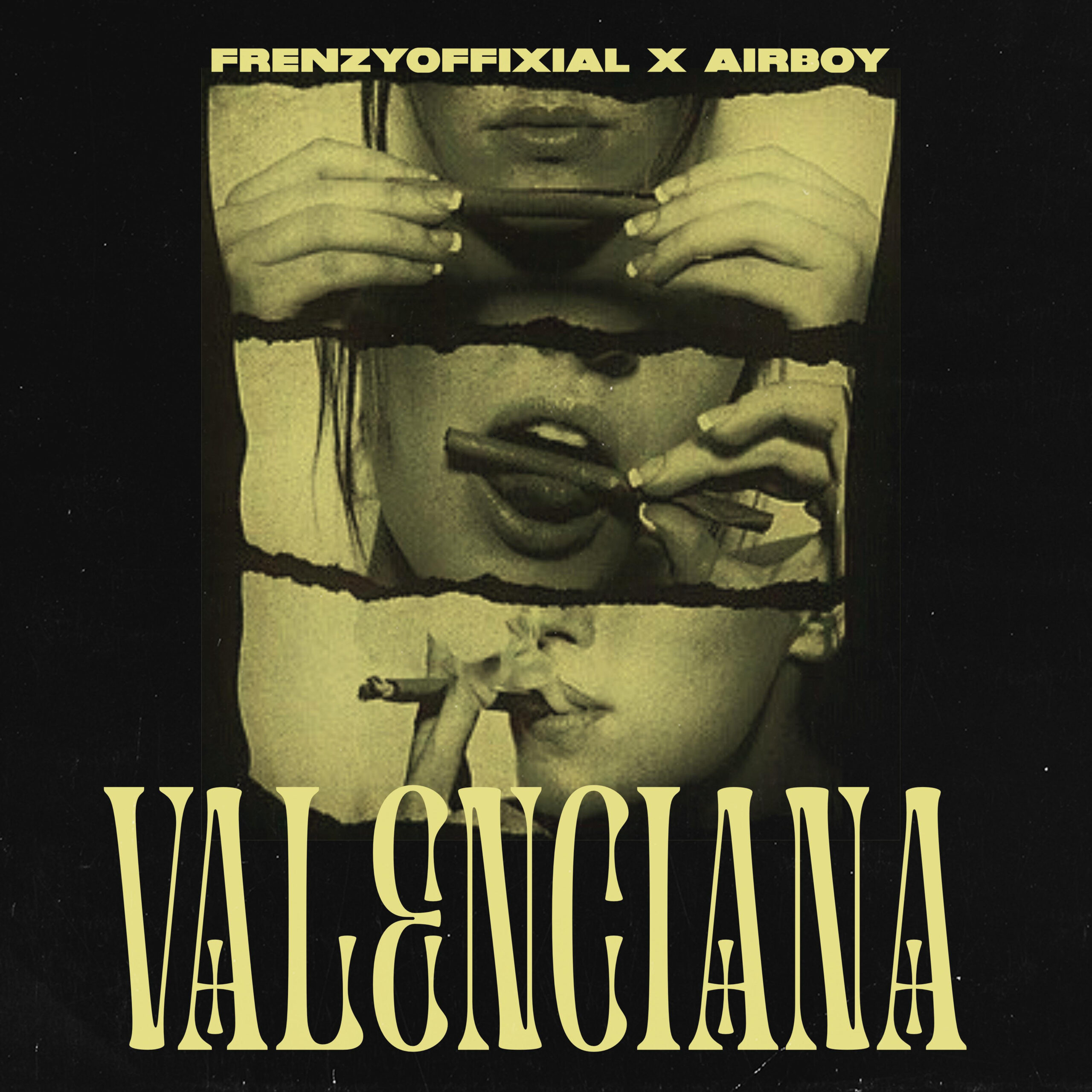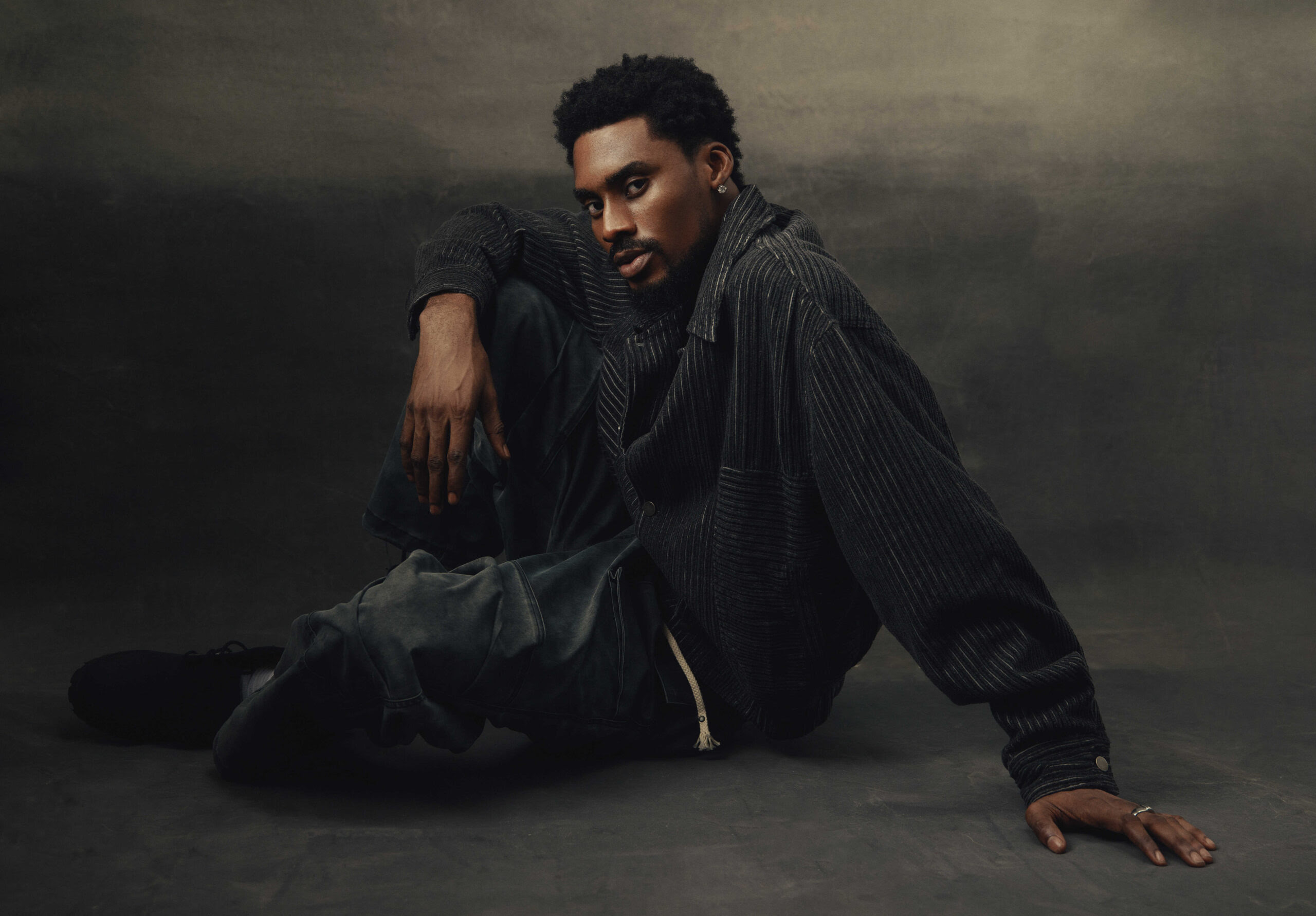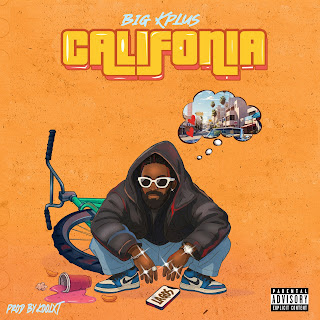Macron’s blunt style may harm bid for new African chapter

Macron’s blunt style may harm bid for new African chapter

Macron’s blunt style may harm bid for new African chapter
He described Faustin-Archange Touadéra as a “hostage” of Wagner, a Russian military contractor that has been helping the CAR government fight rebels threatening to overrun the capital, Bangui.
Paris is also angered by the anti-French social media messages that emanate from sources close to Mr Touadéra, stirring up resentment against the former colonial power.
It was the intervention by French and African troops in 2013 that saved CAR from a potentially genocidal civil conflict and created the conditions for the democratic elections that brought Mr Touadéra to power in 2016.
But the CAR now relies heavily on Russian military expertise and has also signed mining deals with Russia, allowing it to explore for gold, diamonds and uranium.
Uneasy about the lurch towards Moscow and angered by the anti-French rhetoric, Mr Macron has suspended budget support for the CAR government.
Mr Macron also concluded that a blunt public warning was needed, through a now widely publicised 30 May interview with the Journal du Dimanche (JDD).
His outspoken words met with no direct response, although Mr Touadéra’s government says its arrangement is with the Russian defence ministry rather than Wagner.
But the Central African head of state was not the only target of his plain speaking.
He warned Mali – where interim Vice-President Colonel Assimi Goïta has staged a fresh coup to depose the president and prime minister – that French troops deployed to help in the fight against militant Islamists could be pulled out if the West African state went down the path of Islamist radicalism.
The JDD interview was widely reported in Francophone media. Mr Macron certainly knows how to get attention.
While warning Mali’s transitional leaders against cutting a soft deal with jihadists, his comments perhaps also sought to reassure voters back home that French troops in the Sahel region were not being asked to put their lives on the line in vain.
Mr Macron’s style certainly contrasts with the clubby networking that used to characterise so much of the relationships between French presidents and African political élites – a sometimes complacent culture, summed up in the term Françafrique.
This tended to reinforce incumbent power rather than responding to wider demands for reform or social and economic development.
Macron’s ‘arrogant’ style
Mr Macron has faced African issues head-on, and with a much greater degree of openness. He is not afraid to publicly make the case for change.
This can certainly produce results – as illustrated by a visit last week to Rwanda, where he made a straightforward admission of France’s failings in the run-up to the 1994 genocide, in a gesture that aimed to lay the foundations for building a new relationship that moves forward from the bitterness left by past history.
But his personalised style, with its direct language and occasional impatience with diplomatic protocol, is a high-wire act that can appear arrogant.
The four years of his presidential engagement with Africa have been marred by sporadic incidents of offence or high-handedness that fuel the always combustible sense of resentment towards France as a former colonial power, particularly among younger Africans.
Return of looted artefacts
But those four years have also been marked by a brave readiness to pro-actively tackle awkward issues and explore new ways of doing things.
Mr Macron has commissioned academics to write three independent reports researching French behaviour: during the bloody independence conflict in Algeria; the Rwanda genocide and the potential return to Africa of historical and cultural artefacts taken to France during the colonial era.
Do you find Tmaq Media useful? Click here to give us five stars rating!

